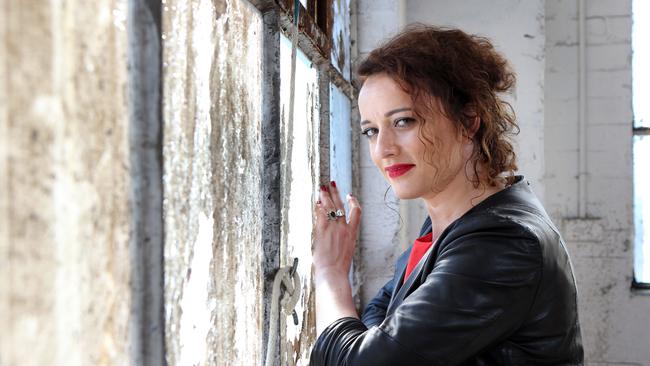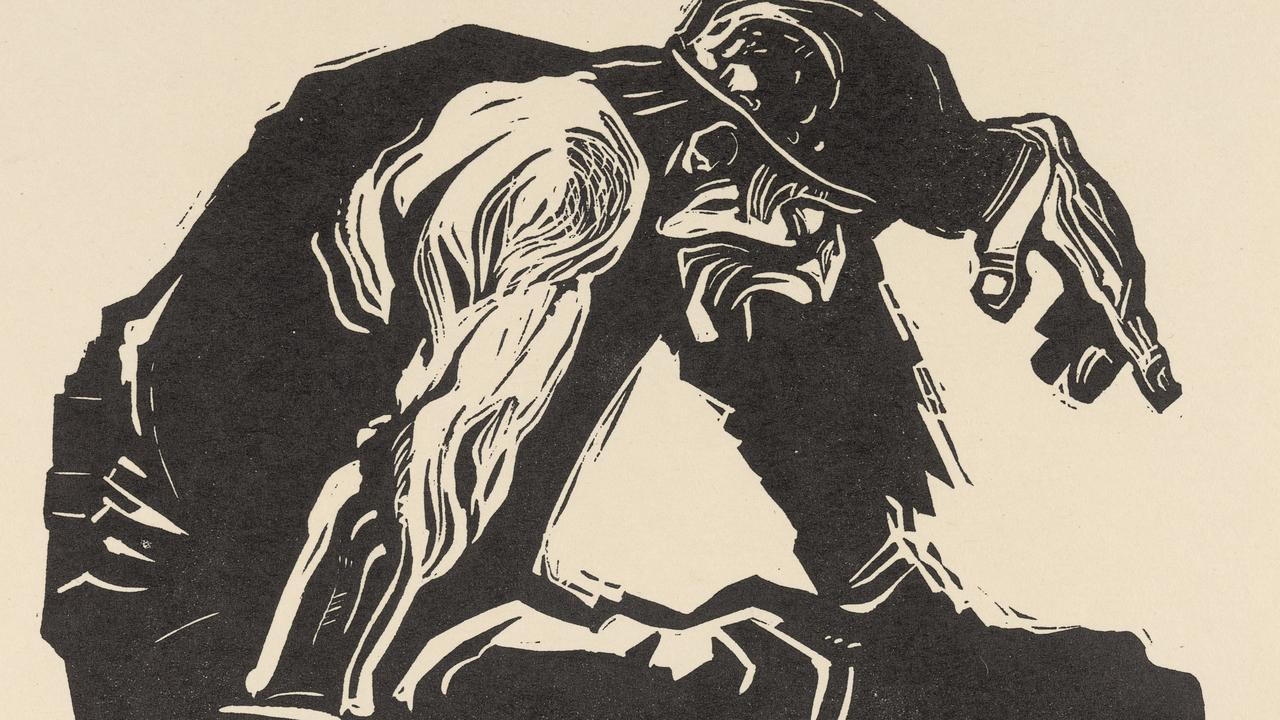Opera star Clementine Margaine brings Carmen to John Bell production
Clementine Margaine has played Carmen in opera houses around the world. Now she’s bringing her fiery alter ego here.

Clementine Margaine’s family home, in Narbonne in the south of France, was alive with classical music. She and each of her siblings were obliged to play an instrument; Margaine and her sister learned piano. Ironically, opera wasn’t part of the household repertoire.
“My parents took us to see everything, except opera,” the 32-year-old says, ahead of her Opera Australia debut on Thursday in the title role of Carmen.
But fate intervened early: the mezzosoprano’s first brush with the art form was as part of a children’s choir performing Georges Bizet’s Spanish-set opera, with which Margaine’s career is now inextricably linked.
“I have no memory of the woman playing Carmen, or the other characters, but what got to me was that singing was something you share, that you are never alone on stage,” she says.
“I knew very early that I wasn’t talented enough for a career as a pianist. It’s a lonely instrument, especially to practise. But for me, to sing is fun.”
The now Berlin-based singer is in hot demand as Carmen. She has just performed with the Canadian Opera Company in Toronto and has starred in the role in recent years with the Dallas Opera and Deutsche Oper Berlin, among many others. Next year sees her reprising the role for New York’s Metropolitan Opera and the Opera National de Paris.
Opera Australia’s new production is directed by John Bell, with the set designed by Michael Scott-Mitchell — the powerhouse duo behind the celebrated 2013 production of Tosca.
“If I may say, it’s going to be a very good production. I’ve done many and I know what problems you can have,” Margaine says.
“John [Bell] is very gentle, and smart, and he has one of the best qualities of a director: he knows how to collaborate. He has his own ideas, but he is always watching you and what you have to offer.”
Despite Margaine’s affinity for singing, she very nearly followed a different career. On leaving high school, she decided to study law, though a decision to take singing lessons at the same time proved fortuitous, if inconvenient.
“I really researched my choice of teacher, and I found one in Paris, so while studying law in the south, I went each week to Paris for my lesson,” she says. (After hearing her first sing, her teacher made two predictions. The first was “You won’t study law for very long”, and the second, “In two years, you will enter the Paris Conservatory”. Both were accurate.)
“The train journey was nine hours. My parents thought I was crazy, but I didn’t doubt my choice. You have to trust your instinct.” Another instinct Margaine acquired early had to do with protecting her voice. “My first teacher taught me a very natural relationship with my voice,” she says. “But singing is tiring, it’s why we [opera singers] can become crazy and self-centred, or even sometimes paranoid — though I try not to be.
“Singing is very physical — it’s a sport — you sing with very muscle of your body, that’s why you need to protect your voice.”
Though Margaine’s relationship with the character of Carmen has become visceral (“It’s in my blood, I could wake up in the middle of the night and my voice would be fresh for Carmen”) she brings her distinctly Gallic sensibility to the role.
“I try to paint a very subtle character; I hate the vulgar ‘hands on the hips and ole!’ thing of course,” she says. “I think Carmen is always treading the line; you could think she hates [Don Jose], but she loves him, or vice versa; there is a duality which is very interesting for me.”
Margaine says she expects a warm, open reaction to her performance from Australian audiences: “They will be exactly what people are like in real life. In Germany audiences are quiet but also very sincere — when they like it, they say it. In Italy they are over the top. And even when the French like it, they don’t show it.”
But her familiarity with the character and the music means she may be her own fiercest critic, though her yardstick may sound counterintuitive: “You know you’re good on stage when the people around you are better.”
She explains: “One performance, I felt completely free in my voice and I could feel I was bringing the best out of the people around me; another time, I remember the tenor was doing something he’d never done before, and it lifted all of us around him.
“When we are good, we all know it, that’s what is beautiful about opera: you can never be good alone.”
Carmen opens at the Sydney Opera House on Thursday and runs until August 12.



